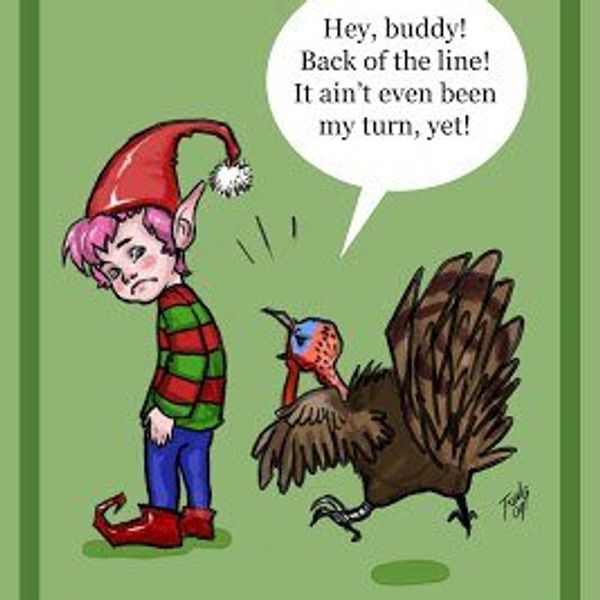Christmas is known and celebrated worldwide. It is a central celebration in the Christian faith, and has become a major holiday for both religious and secular reasons.
Christmas commemorates the birth of Jesus Christ. In the traditional Christmas narrative as told in the New Testament of the Bible, Jesus Christ was born to a virgin, Mary and her husband, Joseph in the town of Bethlehem. The town's inn had no room so they were offered a stable and laid the newborn child in a manger, hence the nativity scene so familiar to many. Angels soon appeared to proclaim the good news to some local shepherds, who spread the news further.
From there, the story of Christmas has many interesting twists and turns. Firstly, while Christmas has been celebrated for nearly two millennia, the exact day and year of Jesus' birth is still open to debate. There are many theories and hypothesis that stipulate dates from spring to winter. Unfortunately, this seems to be one of those things that may never be conclusively solved.
Given that the date is so uncertain, why then is Christmas celebrated on December 25th? Again there are multiple theories, but the most popular idea seems to be that December 25th was the date of the winter solstice and the celebration of Saturnalia on the Roman calendar. The winter solstice was an important holiday for many across Europe, and as Christianity spread, the Church wanted to replace these widespread pagan views with Christian ones.
While today Christmas may be one of the most important holidays in the Christian faith, early Christians did not actually commemorate the birth of Jesus. A much greater focus was placed on Easter, while the birthday of Jesus was of much less interest. The holiday began to gain popularity in the 3rd or 4th century, after a set date of December 25th had been generally agreed upon.
However Christmas celebrations were very different then. In the Middle Ages, Christmas celebrations were a loud, drunken, raucous affair (think Mardi Gras). This caused certain Protestant groups, like the Puritans, to reject and even ban Christmas celebrations. In colonial New England, it wasn't uncommon for people to be fined for celebrating Christmas.
It wasn't until the 19th century that Christmas transformed into the holiday we know today. The emphasis of the holiday shifted to family and goodwill to fellow man. The popularity of Charles Dickens 1843 novel A Christmas Carol is often regarded as an important part of the cultural shift back to the traditional values of Christmas. In fact the phrase "Merry Christmas" became significantly more popular following the release of this novel.
The tradition of gift giving also has multiple possible origins. The familiar reason to most Christians is to remember the gifts of gold, frankincense and myrrh given to the Baby Jesus by the Three Magi. But another possible origin is in the Roman holiday of Saturnalia, a December holiday that also featured gift giving.
With the Industrial Revolution and the rise of commercialism and advertising, Christmas transformed into the holiday we know today. Even many non-Christians partake in the festivities of the holiday. Christmas has certainly had an interesting and colorful history, one that may often surprise many. But for the billions of Christians around the world, Christmas at its core is a time to rejoice for the birth of their spiritual leader and to spend quality time with family and loved ones.





















